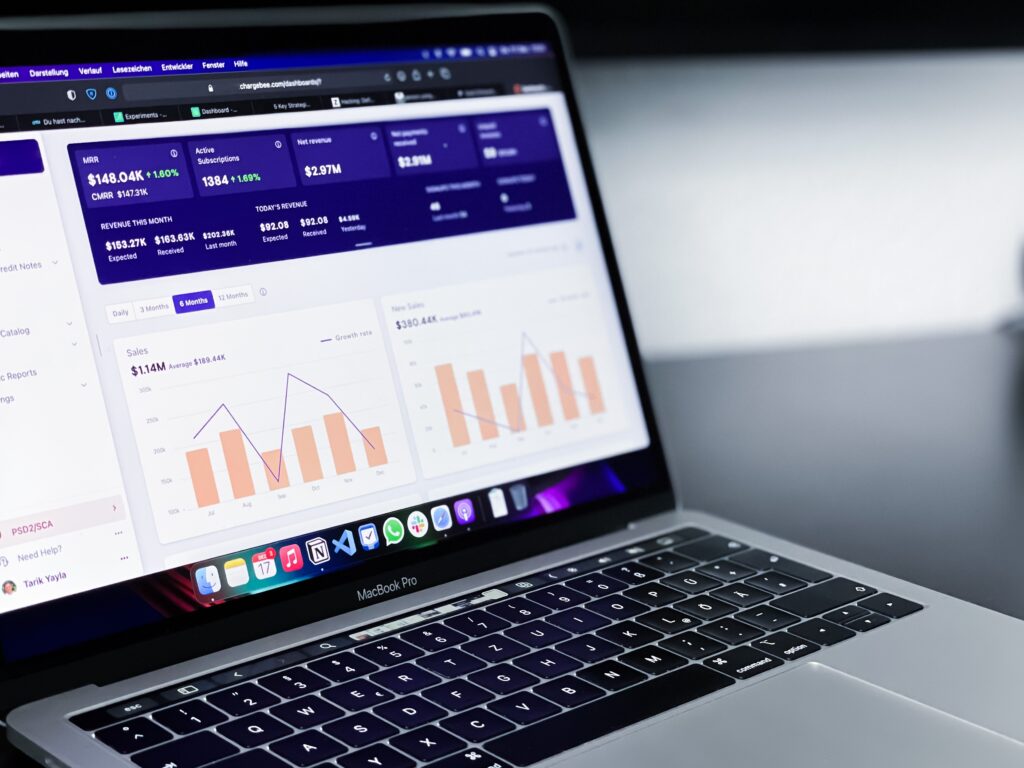
Social Factor
Finding Your Future at SF: Where Growth Meets Opportunity

Businesses must actively understand analytics to harness the power of social media. Analytics tools play a pivotal role in effective social media management, helping each user navigate online engagement. This article explores how these tools unravel insights, driving informed decision-making, and elevating digital strategies to new heights.
Key metrics serve as essential markers for measuring digital success. Let’s break down these essential components:
Collectively, these metrics guide social media managers in refining strategies, optimizing content, and fostering audience connections for a more impactful presence.
Consider the following criteria when selecting analytics tools for social media management:
Selecting the most effective analytics tools is crucial for informed decision-making. Here, we explore three standout options:
Google Analytics is a powerhouse for comprehensive web analytics,. It tracks website traffic, user behavior, and conversion data, providing a holistic view of online performance. Noteworthy for its free accessibility and seamless integration capabilities, Google Analytics is widely applicable across industries. However, its extensive features may pose a challenge for beginners. Businesses in e-commerce, content-driven websites, and those seeking detailed insights into website performance can benefit significantly from Google Analytics.
Sprout Social stands out as a top-tier analytics tool, offering a user-friendly interface and a robust set of features. It streamlines social media management for businesses, from social listening to analytics and collaboration tools, Its strengths include comprehensive analytics, efficient team collaboration, and responsive customer support. However, potential users should be aware of its relatively higher cost for advanced features. The tool is particularly well-suited for businesses seeking in-depth analytics and streamlined team collaboration, making it an ideal choice for industries with a strong focus on customer engagement, such as retail and hospitality.
Brandwatch is a compelling choice for brands prioritizing reputation management because it focuses on social listening and sentiment analysis. This tool offers insights into brand mentions and customer sentiment across various platforms. Brandwatch provides a tailored approach to social media management through advanced analytics and customizable dashboards. While its strengths lie in brand sentiment analysis and reputation management, potential users should be mindful of a steeper learning curve and pricing considerations. Industries such as public relations, marketing agencies, and consumer goods find Brandwatch particularly beneficial for its emphasis on in-depth brand analysis.
Consider the following proactive strategies to extract the most value from analytics tools:
Social media analytics guide businesses through the digital landscape with valuable insights. Strategic decision-making hinges on real-time data, and the call to action is clear: explore and implement these tools. Elevate your social media management, refine strategies, and unlock the full potential of your digital presence. The path to success in the digital realm begins with harnessing the power of analytics.
For assistance in managing your social media pages and creating vibrant online communities, reach out to SocialFactor, the experts in this field.

Finding Your Future at SF: Where Growth Meets Opportunity

Transform your Digital Strategy by Using Tech and SaaS for Optimal Resource Utilization

Building Brand Loyalty Through Authentic Human Connection

Sail Through 2025 Social Media Budget Planning with Ease

How Brands Can Navigate Pre-Election Chaos on Social Media

Threads: Is It Worth It Yet?

Jack “Of All Trades” Dorsey Is No Longer on the Bluesky Board

Celebrating Diversity at Social Factor

Coachella 2024: What It Takes to Livestream the Festival on YouTube

How Fort Worth’s Social Factor Is Rocking ‘Human Connection’